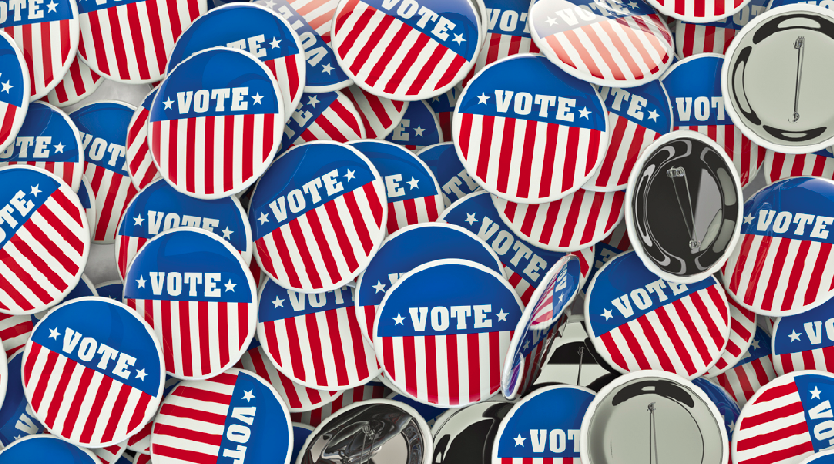By Christy Barritt
Voters’ Top Issues Revealed
A national survey by the Barna Group revealed the top concerns for likely voters in the upcoming presidential election.
They were: healthcare (74 percent), tax policy (62 percent), employment policies and strategies (54 percent), national dependence on foreign oil (52 percent), same-sex marriage (31 percent), environmental policy (30 percent) and abortion (29 percent).
Eighty-three percent of likely voters said a candidate’s position on these issues would be the single most important factor in deciding their vote, followed by the candidate’s character at 51 percent, political party at 17 percent, political experience at 16 percent, and religious faith at 14 percent.
Eating Healthy Can Cost Less
As rising obesity rates in the U.S. continue to be a hot topic, a new study from the U.S. Department of Agriculture claims that healthy food is cheaper than junk food.
Earlier reports concluded that eating junk food was a more cost-effective option for low-income people than eating healthy, but the new government analysis says it all depends on how you measure the price.
If you compare the price per calorie, then higher-calorie processed snacks might seem cheaper compared with fruits and vegetables. But comparing the cost of foods by weight or portion size shows a different story—that grains, vegetables, fruit, and dairy foods are less expensive than most meats or foods high in saturated fat, added sugars, or salt.
The USDA offers tips for consumers on how to eat healthy on a budget. For meal plans and more, visit
Online Videos Growing Trend for Teens
Having a video presence online is a growing trend for teenagers.
According to the Pew Research Center’s Internet & American Life Project, 27 percent of teens say they’ve recorded and uploaded videos to the Internet, compared to 14 percent of adults.
The last time Pew surveyed 12- to 17-year-olds about online video behavior in 2006, 14 percent of teens said they were putting video online on sites like YouTube and Vimeo.
Pew also said that video chatting is popular with 37 percent of teens, who use programs like Skype. Girls are more likely than boys to have these chats—42 percent of girls said they use video chat compared to 33 percent of boys.
Religious Discrimination Lawsuit Against FedEx
A former Federal Express employee filed a lawsuit against the company, claiming the delivery service failed to accommodate his religious beliefs.
Eric Weathers was told by supervisors that he couldn’t answer coworkers’ questions about the Bible. According to Weathers, his supervisors also refused to tell him why his speech was banned.
The company’s Human Resource Department sent him an e-mail stating that religious and political discussions were forbidden in the workplace and that his specific speech was an “act detrimental to the company”—a designation reserved for sexual harassment, illegal drugs, theft, and other such actions.
Despite his good performance reviews, he was demoted and later quit and sued the company.
A U.S. District Court denied FedEx’s bid to rule in its favor without further court proceedings and settled with Weathers instead.
 Christy Barritt is an award-winning author, freelance writer, and speaker living in Chesapeake, Virginia. She and her husband, Scott, have two sons.
Christy Barritt is an award-winning author, freelance writer, and speaker living in Chesapeake, Virginia. She and her husband, Scott, have two sons.
www.christybarritt.com



Comments: no replies